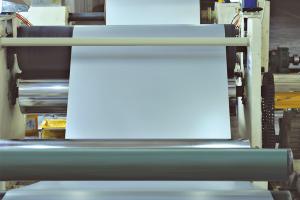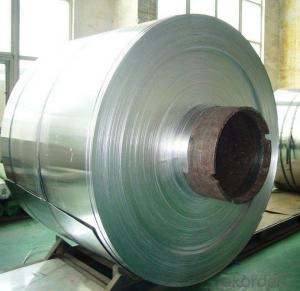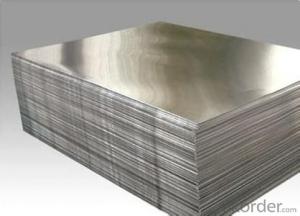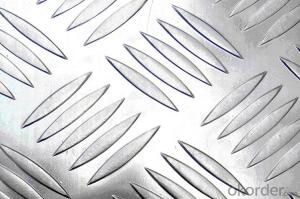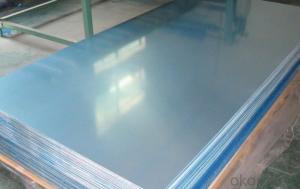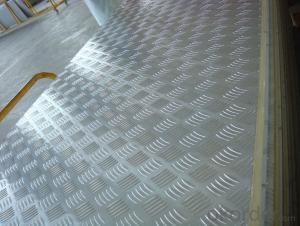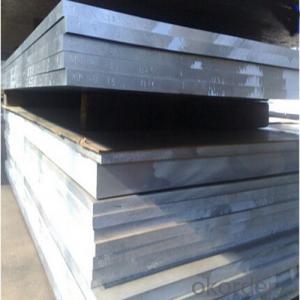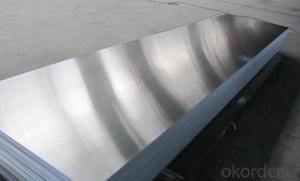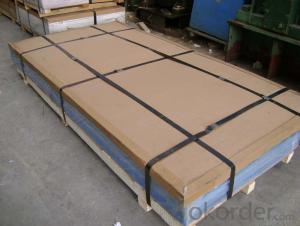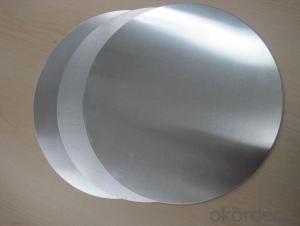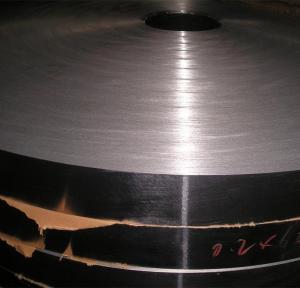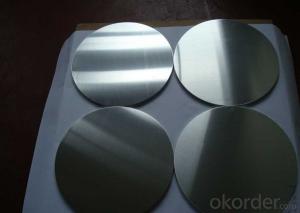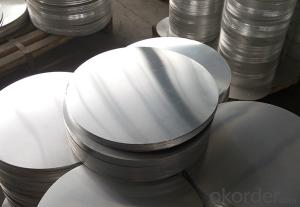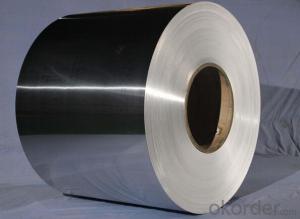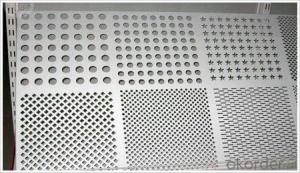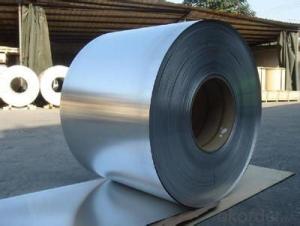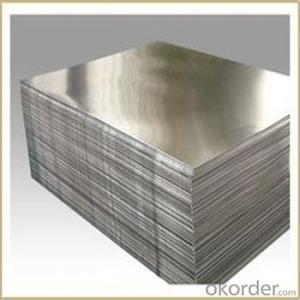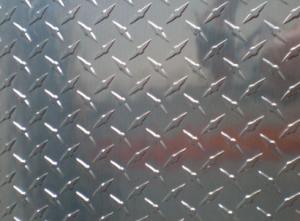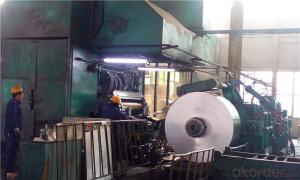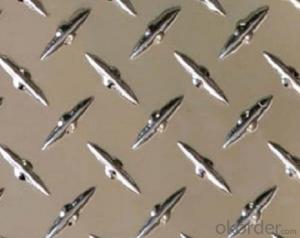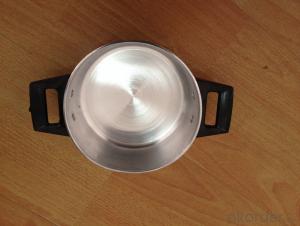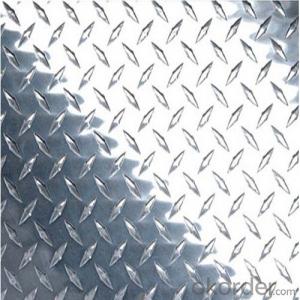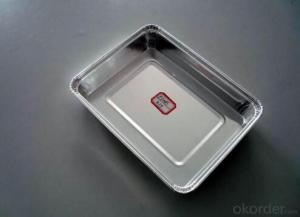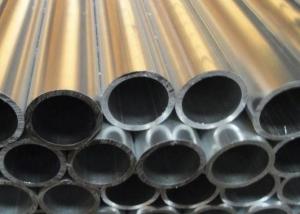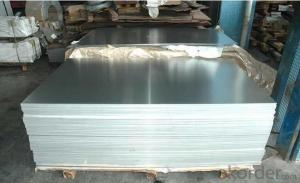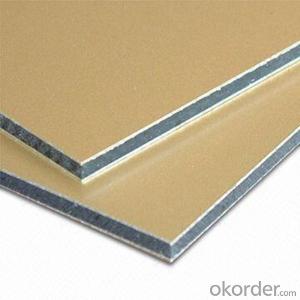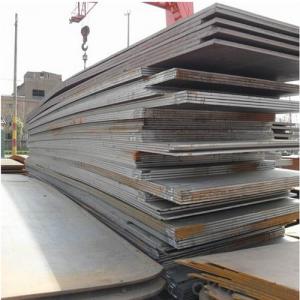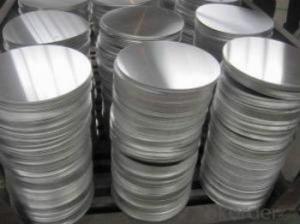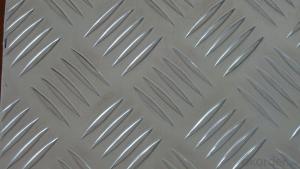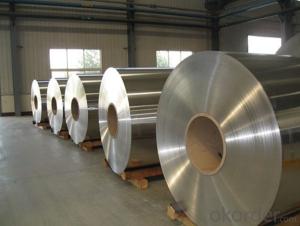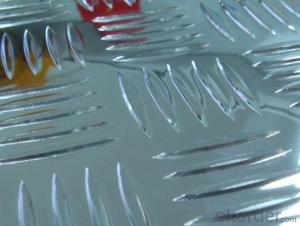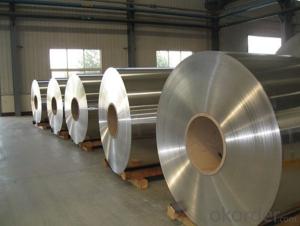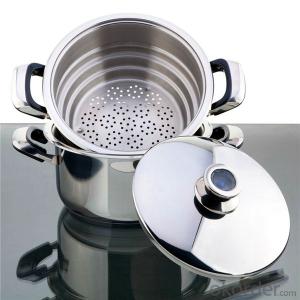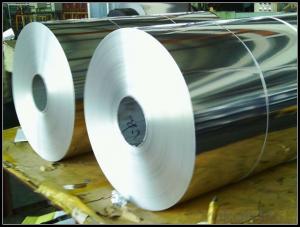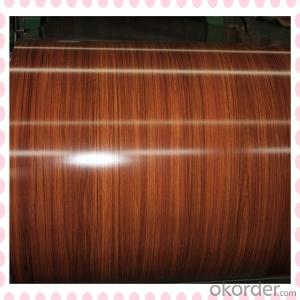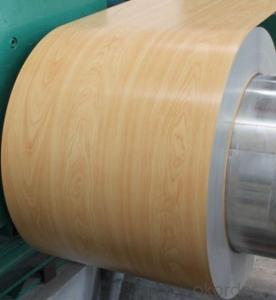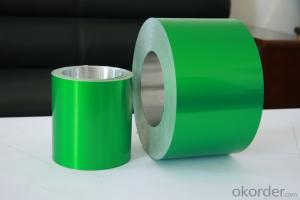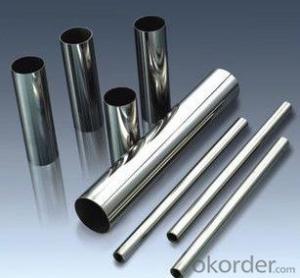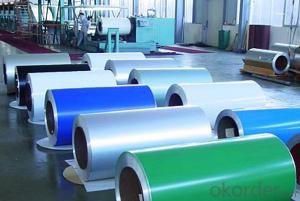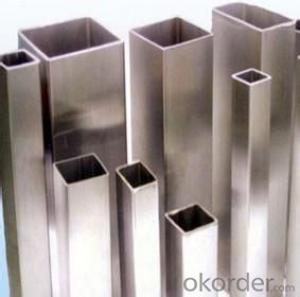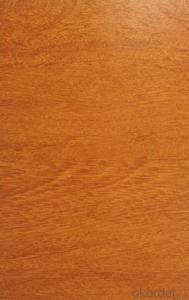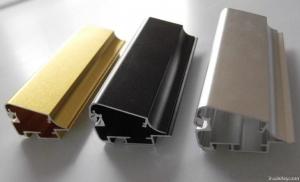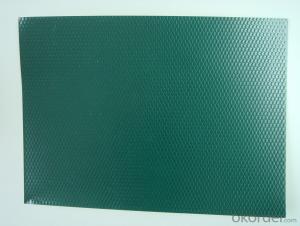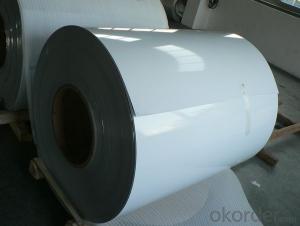3003 H14 Aluminum Plate
3003 H14 Aluminum Plate Related Searches
3003 Aluminum Plate 3004 Aluminum Plate 3003 Aluminum Diamond Plate 3003 H22 Aluminum Diamond Plate 3003 Aluminum Tread Plate 3003 H22 Aluminum Tread Plate 3003-H22 Aluminum Diamond Plate 3003 Aluminum Bar Stock 300x300 Aluminum Build Plate 30mm Aluminum Plate 3 4 Aluminum Plate 3 4 Thick Aluminum Plate 3 16 Aluminum Plate 3mm Aluminum Plate 3 4 Inch Aluminum Plate 3 16 Inch Aluminum Plate 3/4 Thick Aluminum Plate 3/4 Aluminum Plate 6013 Aluminum Plate 063 Aluminum Diamond Plate Bending 3 16 Aluminum Plate 5083 H321 Aluminum Plate Aluminum Triangle Plate 3/4 Inch Aluminum Plate 2014 Aluminum Plate 5083-H321 Aluminum Plate Aluminum Pattern Plate Aluminum Thawing Plate Aluminum Precision Plate Aluminum Heater Plate3003 H14 Aluminum Plate Supplier & Manufacturer from China
3003 H14 Aluminum Plate is a type of aluminum alloy plate known for its excellent corrosion resistance and formability. It is made from a combination of aluminum and a small percentage of manganese, which gives it its unique properties. This alloy is widely recognized for its versatility and is often used in various industries due to its strength and lightweight nature.The 3003 H14 Aluminum Plate finds its application in numerous scenarios, such as in the manufacturing of marine components, chemical equipment, and construction materials. Its high resistance to corrosion makes it an ideal choice for applications where exposure to moisture and chemicals is common. Additionally, its formability allows for the creation of intricate shapes and designs, making it a popular choice for architects and engineers alike.
Okorder.com is a reputable wholesale supplier of 3003 H14 Aluminum Plate, boasting a large inventory to cater to the diverse needs of clients. They offer competitive prices and reliable service, ensuring that customers receive high-quality products in a timely manner. By partnering with Okorder.com, businesses can benefit from a steady supply of 3003 H14 Aluminum Plate, enabling them to meet their production and construction requirements efficiently.
Hot Products
